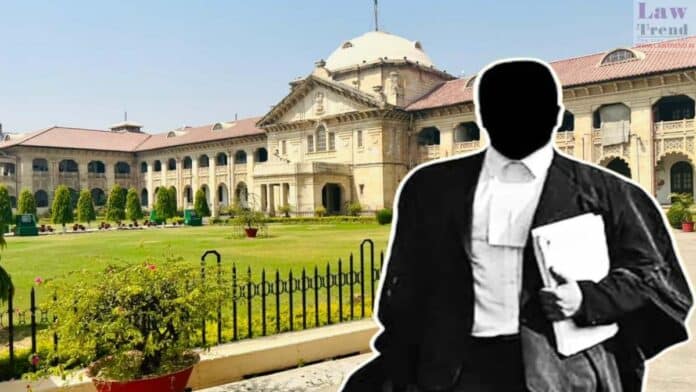The High Court of Judicature at Allahabad, in an order dated October 31, 2025, has refused to recall its order referring an advocate for criminal contempt proceedings. The advocate, Sri Harish Chandra Shukla, had filed a written submission containing what the Court termed “scandalous allegations” and a “clear imputation against the integrity of the court”
To Read More Please Subscribe to VIP Membership for Unlimited Access to All the Articles, Download Available Copies of Judgments/Order, Acess to Central/State Bare Acts, Advertisement Free Content, Access to More than 4000 Legal Drafts( Readymade Editable Formats of Suits, Petitions, Writs, Legal Notices, Divorce Petitions, 138 Notices, Bail Applications etc.) in Hindi and English.




